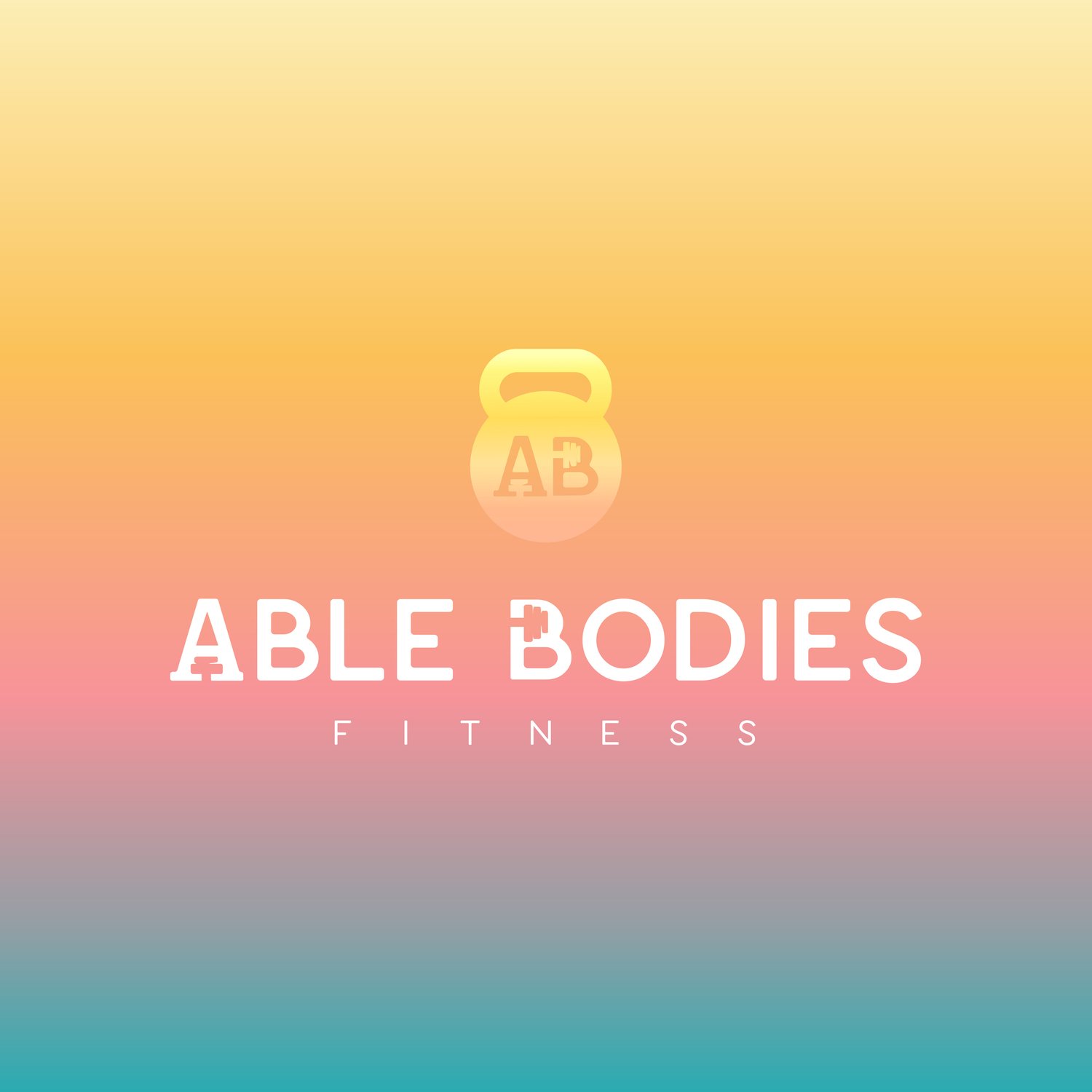Tips fror a better nights sleep
A good night's sleep is the best thing we can do for our overall health, well-being, recovery, performance, cognitive function, and productivity. Unfortunately, getting quality sleep isn’t always easy. Caffeine, stress, light exposure, and life tend to get in the way. I’ve deep-dived into the experts' suggestions and compiled a list of strategies that have helped me get a better night’s sleep.
Early morning sunlight exposure. Get up and get outside. Why not take a walk and get those steps in? Getting sunlight within 30-60 minutes of waking helps optimize cortisol levels, elevating levels in the morning to wake the body up. Get around 5-30 minutes depending on how cloudy the morning is. It is best done without sunglasses or a window, so if it's a full sun morning 5 minutes will work.
Delay coffee intake 90 minutes to 2 hours after waking to avoid the afternoon crash and avoid coffee in the afternoon. The time is different for everyone but I try to avoid caffeine after 1 PM.
Eating a large meal first thing in the morning will divert blood away from the brain to digest the food and can make you feel tired instead of waking you up. I eat a bowl of oatmeal around 10 before I hit the gym.
An evening walk when the sun is setting can help prep the body for sleep. I don’t always have time for morning walks but Banshee (my overgrown chihuahua mix) doesn’t let me skip our evening walks. Consider avoiding intense exercise and dim artificial lights, and minimize screen time as you are winding down. This disrupts the brain's preparation for sleep.
Magnesium supplement 30-60 minutes before bedtime has been a game changer for my sleep. Magnesium Threonate is in the hydration packet I take in the afternoon and not only has it improved my sleep but has done wonders for my focus to get work done.
If you’ve spent any time talking to me you know I am a huge fan of the Huberman Lab Podcast (go follow ASAP). He regularly deep-dives into the importance of sleep and steps you can take to improve your sleep. The steps I’ve mentioned above are just a few of his suggestions but the ones I have incorporated into my daily life and helped me wake up feeling more awake, recovered, and ready for the day.
